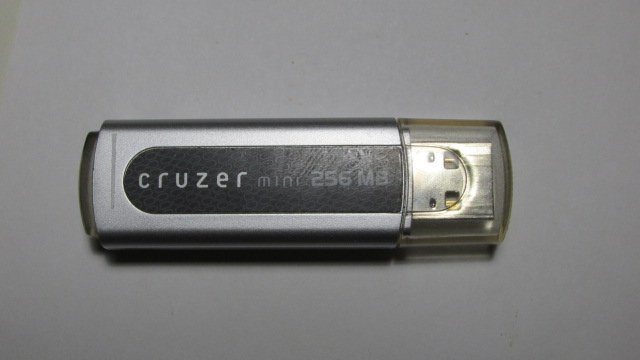easysurfer
Give me a museum and I'll fill it. (Picasso) Give me a forum ...
- Joined
- Jun 11, 2008
- Messages
- 13,155
The very first flash drive I ever bought about some 25 or so years ago stopped working on Windows. Odd as it works fine in Linux. I've tried things like using the Win machine to read other flash drives and that works fine. Then I've use the non working one on Linux and that works fine.
I've even totally wiped out the data using a Linux program and reformatting but still the flash drive on my Win computer is a no go.
I've probably wasted too much time today already trying to get it to work.
I can either just pitch it or use only for Linux. But the latter might be more hassle than worth as I'm often moving small files on flash drive between operating systems.
The flash drive itself. When I bought, is 256MB (that's MB, not GB) in size and costed about $65 at Best Buy when purchased. That was then .
.
I've even totally wiped out the data using a Linux program and reformatting but still the flash drive on my Win computer is a no go.
I've probably wasted too much time today already trying to get it to work.
I can either just pitch it or use only for Linux. But the latter might be more hassle than worth as I'm often moving small files on flash drive between operating systems.
The flash drive itself. When I bought, is 256MB (that's MB, not GB) in size and costed about $65 at Best Buy when purchased. That was then
 .
.
